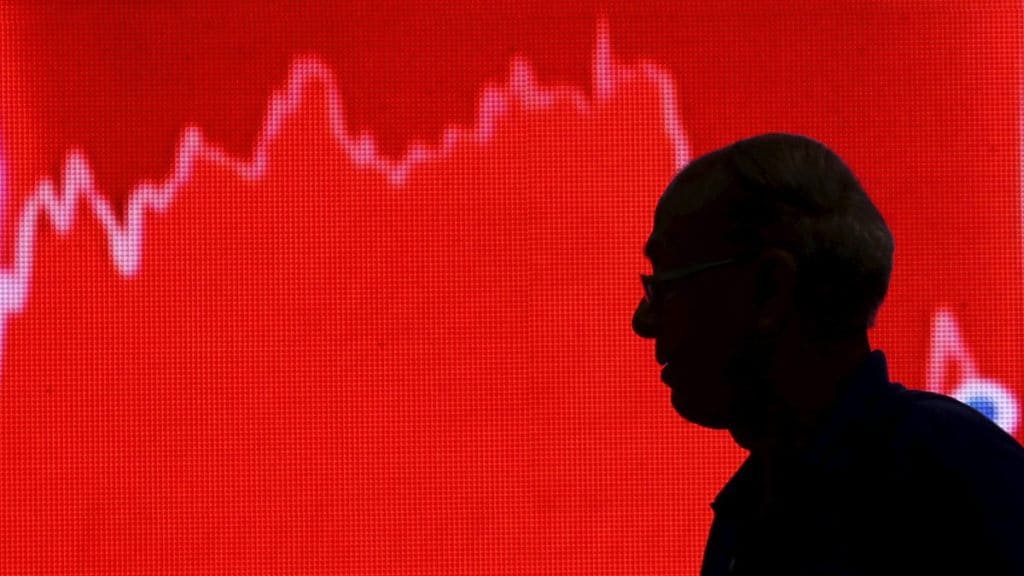Foreign institutional investors (FII) offloaded shares worth net Rs 190.06 crore, while domestic institutional investors (DII) added shares worth net Rs 95.31 crore on November 12, 2023, according to the provisional data available on the NSE.
For the month till November 12, 2023, FIIs sold shares worth net Rs 6,359.83 crore while DIIs bought shares worth net Rs 6,122.07 crore. In the month of October, FIIs offloaded shares worth net Rs 29,056.61 crore while DIIs added equities worth a net Rs 25,105.86 crore.
“The FPI selling trend which started in September continued in October and is showing no signs of reversing in November even though the intensity of selling has come down this month. FPIs continue selling in financials despite their impressive Q2 results and bright prospects. In this time of uncertainty, FPIs are looking for the safety of the risk-free US bond yields where the 10-year is yielding around 4.64 %,” said V K Vijayakumar, Chief Investment Strategist at Geojit Financial Services.
“Sustained selling by FPIs in financials have made the valuations of banking stocks attractive. This is an opportunity for investors with a time horizon of 2 years and above. In the run up to the General elections, a rally in the stock market is likely as happened during the last five General elections. Leading banking stocks have the potential to outperform in the imminent rally,” V K Vijayakumar added.
Previously on Sunday, the benchmark equity indices closed with gains during the Muhurat trading session on the auspicious occasion of Diwali 2023. The NSE Nifty 50 gained 100.20 points or 0.52% to settle at 19,525.55, while the BSE Sensex added as much as 354.77 points to 65,259.45.
Foreign institutional investors (FII) or Foreign portfolio investors (FPI) are those who invest in the financial assets of a country while not being part of it. On the other hand, domestic institutional investors (DII), as the name suggests, invest in the country they’re living in. Political and economic trends impact the investment decisions of both FIIs and DIIs. Additionally, both types of investors – foreign institutional investors (FIIs) and domestic institutional investors (DIIs) – can impact the economy’s net investment flows.


